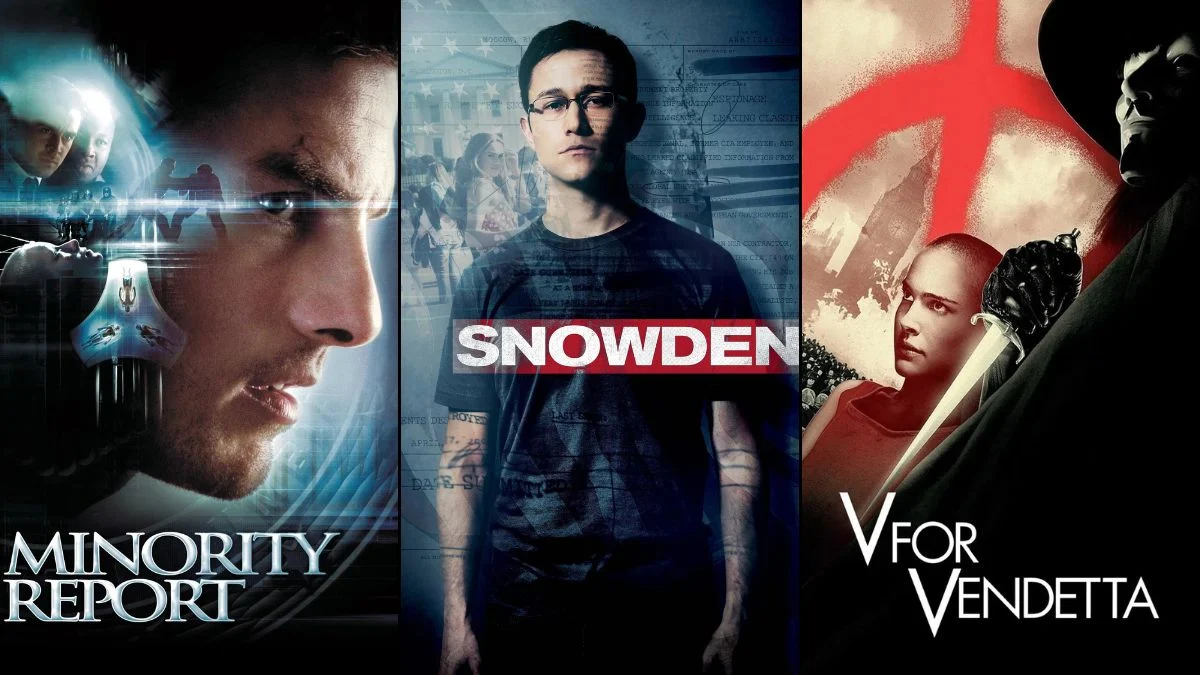
If you enjoy stories about hidden truths, government monitoring, and questionable agreements, these films will captivate you. They focus on investigations, attempts to hide wrongdoing, and struggles for power – all of which challenge what we believe about those in authority. These movies explore these issues through the eyes of journalists, people who reveal secrets, spies, and ordinary citizens who find themselves caught up in something much larger than themselves. From suspenseful thrillers to biting comedies and stories based on real events, they reveal how secretive decisions can have a huge impact on people’s lives. Here’s a list of twenty films that examine the complicated relationship between citizens and their government.
‘All the President’s Men’ (1976)
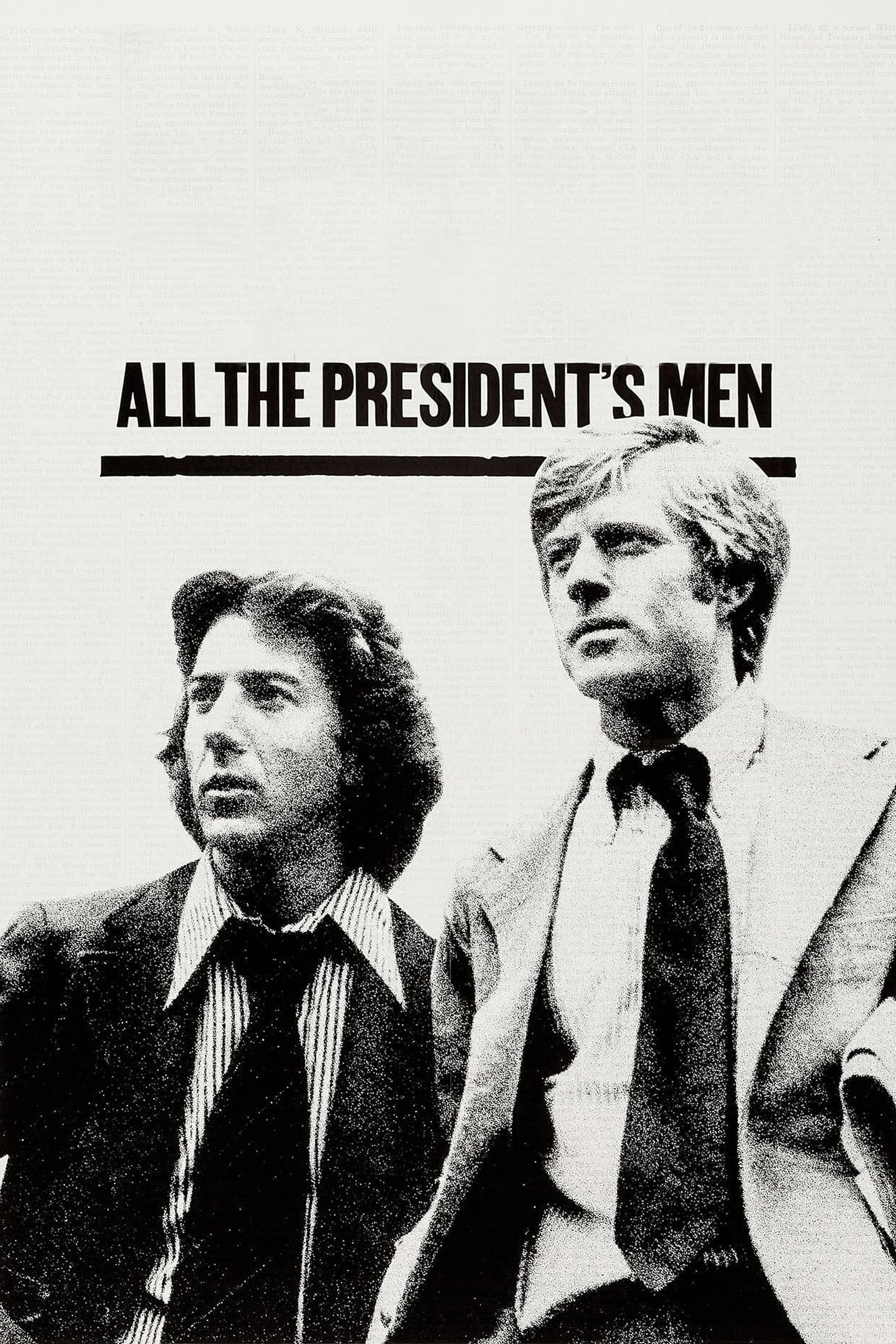
I just finished watching a truly gripping film about the power of the press. It follows two reporters at a major Washington newspaper as they investigate a seemingly simple burglary that quickly spirals into a massive political scandal, all the way to the top. What’s fascinating is how the movie details their process – the painstaking work of finding sources, double-checking facts with editors and lawyers, and the constant pressure to get it right. There’s this mysterious figure, a source known only as Deep Throat, feeding them clues in secret meetings – it feels straight out of a thriller! Ultimately, it’s a fantastic portrayal of how relentless investigative journalism can force even the most powerful institutions to answer tough questions, even when they’d prefer to keep things hidden. It’s a reminder of why a free press is so vital.
‘JFK’ (1991)

A district attorney in New Orleans decides to take another look at a presidential assassination, building a large and complex case. The film combines courtroom drama with interviews, historical documents, and recreations of events to challenge the accepted story of what happened. By mixing official records with personal accounts, it raises questions about how evidence was collected and shown to the public. The investigation’s broad scope demonstrates how difficult it is to uncover the truth when national security is involved.
‘The Parallax View’ (1974)

I just finished watching this thriller, and it really got under my skin. It centers around a journalist investigating a really odd company – they recruit people using these bizarre psychological tests. The more he looks into it, the more he realizes this isn’t just about hiring; it’s a whole system built to secretly control things. We see glimpses of their training methods – strange films, endless questionnaires, and these shadowy figures pulling the strings – and it’s clear nobody’s watching them. What’s particularly unsettling is how easily someone can be cut off and silenced the moment they start asking too many questions. It’s a chilling look at how power can isolate and control individuals, and it left me feeling deeply uneasy.
‘Three Days of the Condor’ (1975)

An intellectual analyst comes back from lunch to discover his workplace has vanished and is now being pursued by an invisible enemy. He uses his knowledge of both published books and secret intelligence to uncover a dangerous, unauthorized operation. While some colleagues offer misleading information, shadowy agents are actively hunting him. The story reveals how secret teams and fake companies can be used to hide who is responsible for wrongdoing.
‘Enemy of the State’ (1998)
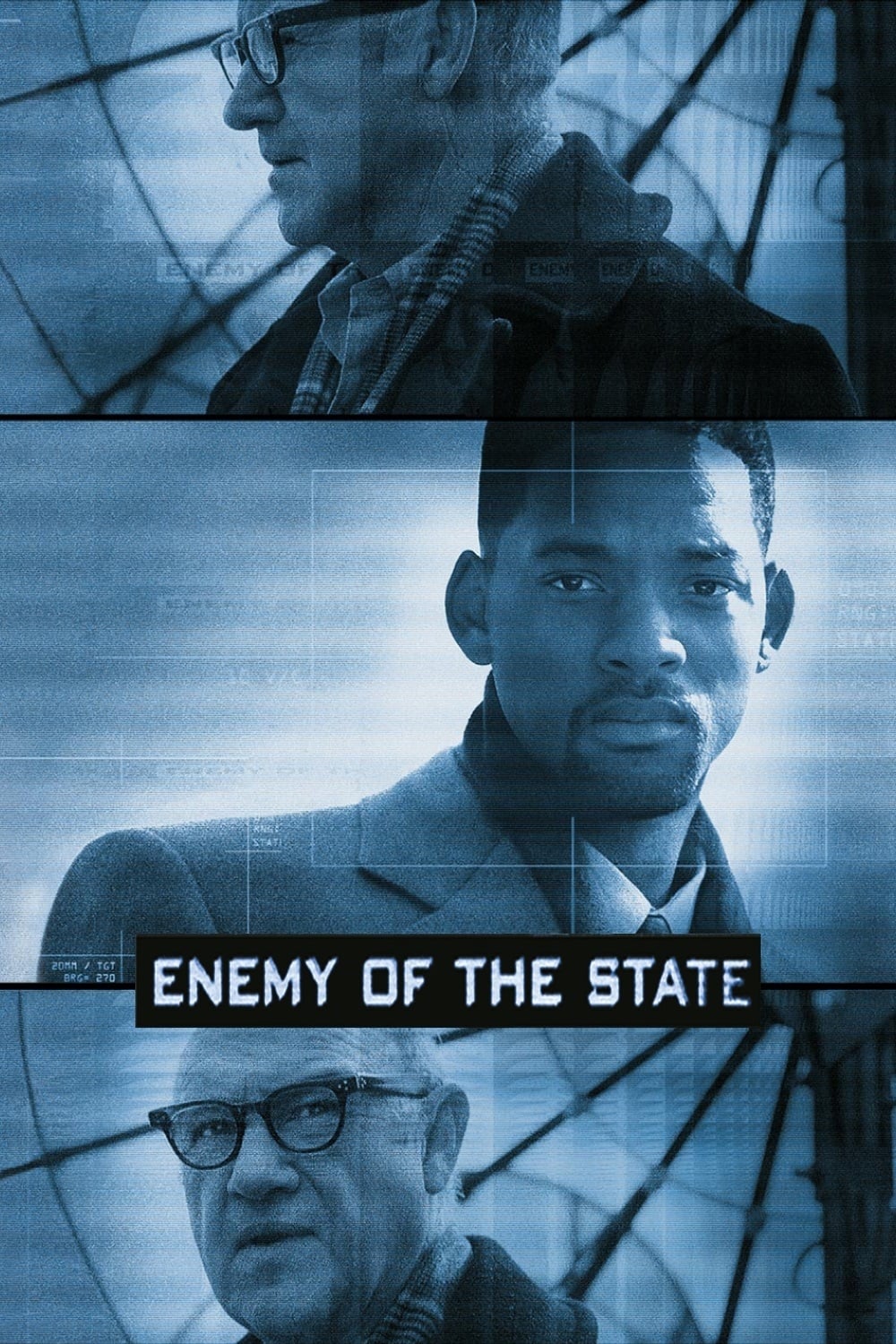
When a lawyer unknowingly receives sensitive digital information, he finds himself under intense surveillance. Authorities use methods like traffic cameras, satellites, and wiretaps to monitor his actions. A former intelligence specialist helps him fight back with tools like signal blockers and secure communication methods. This situation highlights the dangers of data being misused, especially when proper protections aren’t in place.
‘V for Vendetta’ (2005)

In a not-so-distant, controlling Britain, a masked rebel uses dramatic acts to reveal the government‘s wrongdoing. Life for ordinary people is defined by constant surveillance, strict curfews, and widespread use of informants. A young woman begins to understand how the government uses propaganda and fear to stay in power. Secret labs and covert operations are at the heart of this oppressive regime.
‘Brazil’ (1985)

A minor mistake by a humble office worker spirals into a massive bureaucratic problem. Instead of being fixed quickly, the error gets lost in a maze of forms, stamps, and countless departments, ultimately leading to people being effectively disappeared without anyone taking responsibility. Orders flow through a complex network of pipes and screens, unquestioned, and the system is designed in a way that makes it impossible to pinpoint who is accountable, burying the truth under piles of paperwork.
‘Snowden’ (2016)

A contractor working with intelligence agencies copied sensitive files exposing worldwide data collection efforts and then shared them with the press. Strict security measures – including secure meetings, encrypted storage, and isolated laptops – were used to protect the transfer of information. The film explores how classified information and contractor permissions overlap, and it traces the technical processes used to move personal data through the secret court system.
‘Official Secrets’ (2019)

An intelligence agency translator revealed a memo detailing attempts to sway a vote at the United Nations. This sparked a legal debate over the scope of the Official Secrets Act, as news organizations considered whether publishing the information was in the public interest. Protecting the source of the leak, maintaining a clear record of the document’s handling, and carefully removing sensitive details were all crucial parts of the investigation. The situation highlights the conflict between exposing wrongdoing and protecting national security.
‘The Lives of Others’ (2006)

I just finished watching a truly chilling film about an East Berlin security officer who essentially built a web around the city’s artists. He wasn’t interested in their art, though – he was obsessed with who they knew and where their loyalties lay. The film brilliantly portrays how his apartment became a surveillance hub – all headphones, tape recorders, and hidden mics. Every conversation was documented, every connection mapped, and these reports went straight up the chain of command where pressure for ‘results’ was immense. What’s most unsettling is the power held in those meticulous logs; a single entry could destroy a person’s entire career. It’s a suffocating, brilliantly realized depiction of a system built on fear and control.
‘The Conversation’ (1974)
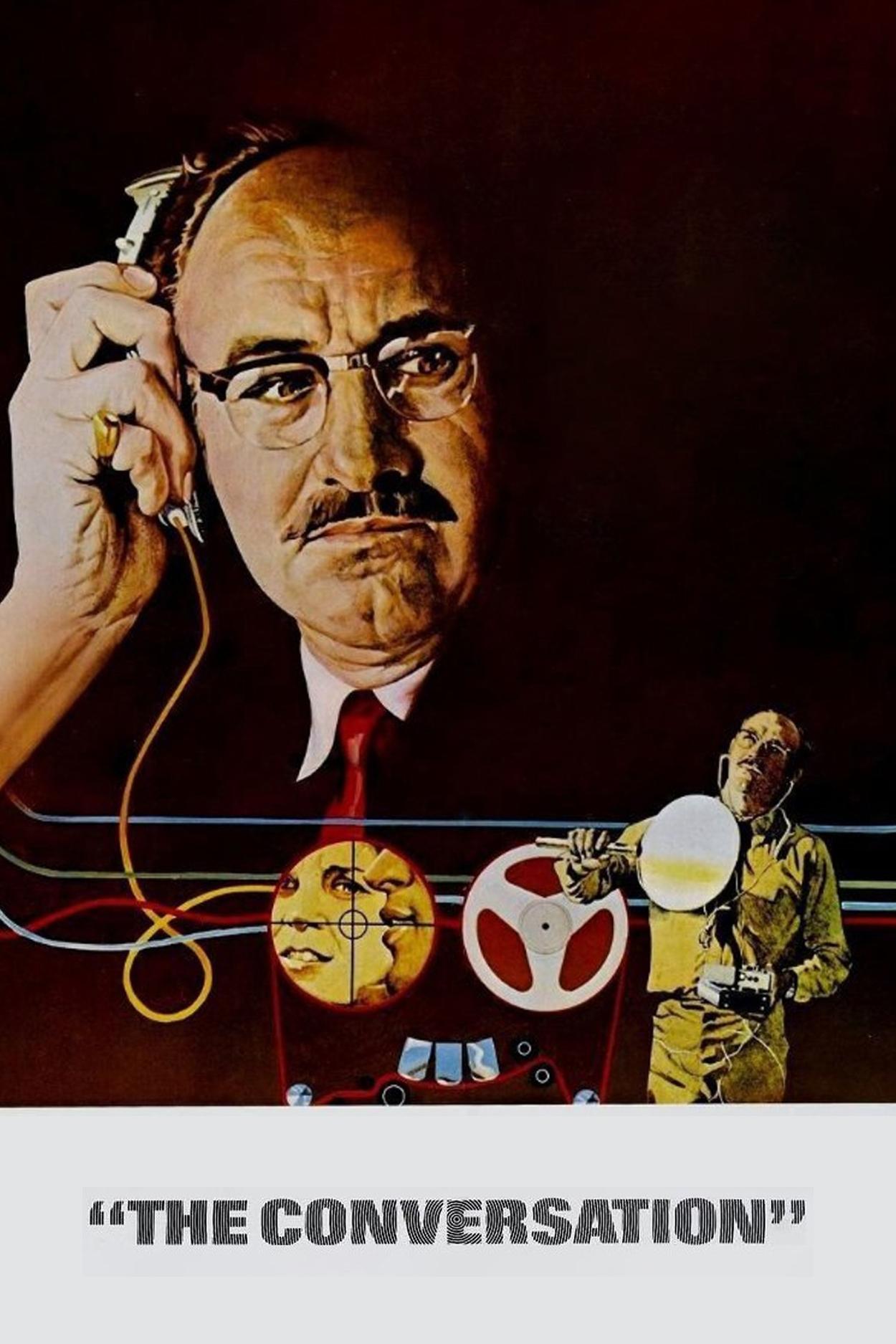
A surveillance specialist filmed a couple in a crowded public space and spent days improving the audio to understand their conversation. Using specialized equipment and careful sound editing, he uncovered details he hadn’t anticipated. As he listened repeatedly, he began to wonder if he had a responsibility to protect the privacy of strangers. The process highlighted how quickly technology can advance beyond our ethical considerations.
‘The Constant Gardener’ (2005)

A diplomat begins investigating the death of his activist partner and discovers connections between government officials and a drug trial. Evidence from on-the-ground reports, clinic files, and shipping records reveals a troubling alliance. People in the area are afraid to come forward with information, fearing repercussions. The investigation suggests that powerful interests can prioritize profit over the well-being of vulnerable communities, silencing their concerns.
‘Syriana’ (2005)
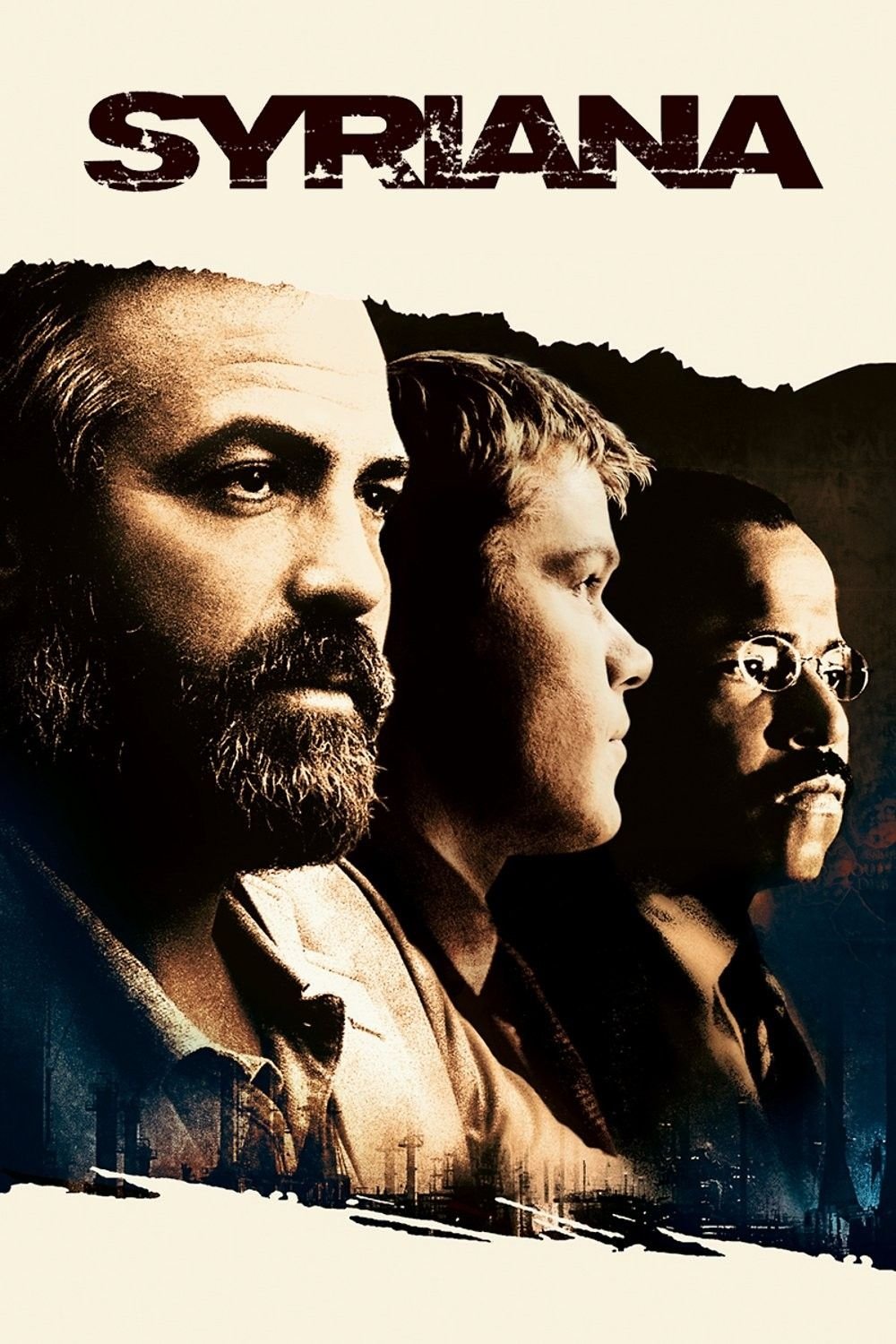
The story weaves together the lives of people from all walks of life – analysts, lawyers, royalty, and everyday workers – who are entangled in a high-stakes battle for control of energy resources. Powerful deals, secret negotiations, and covert operations are changing the landscape of this vital industry. From legal contracts and government reviews to secret flights and hidden facilities, the story reveals how political decisions impact both the global market and individual lives.
‘Wag the Dog’ (1997)
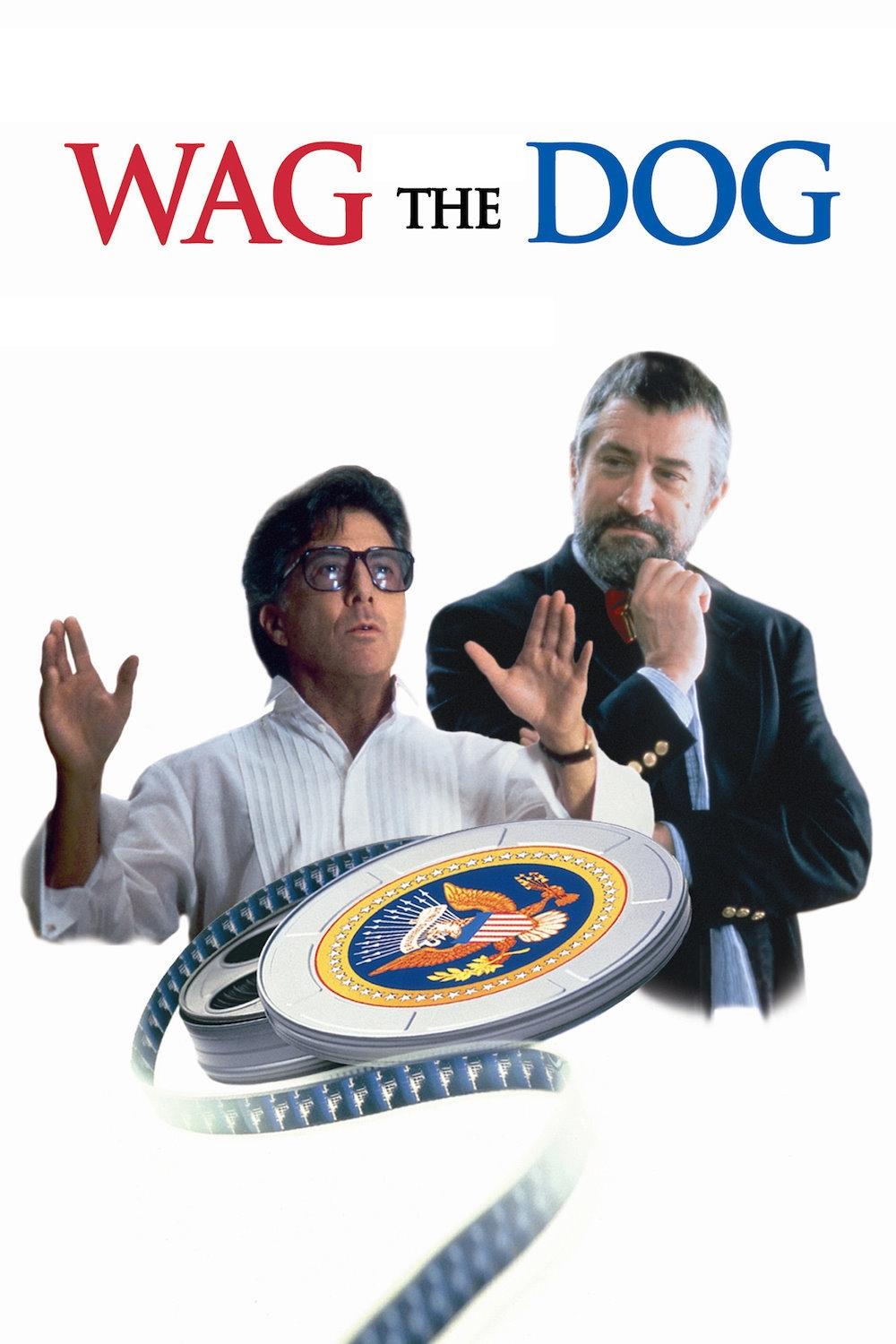
To cover up a scandal, a political strategist and a movie producer create a false story about a war. They use special effects, a catchy song, and made-up reports from the field to trick the news media. As the fake story spreads, public opinion begins to shift. This situation demonstrates how easily manufactured narratives can take over from actual facts when there are no controls over what gets broadcast.
‘The Manchurian Candidate’ (1962)
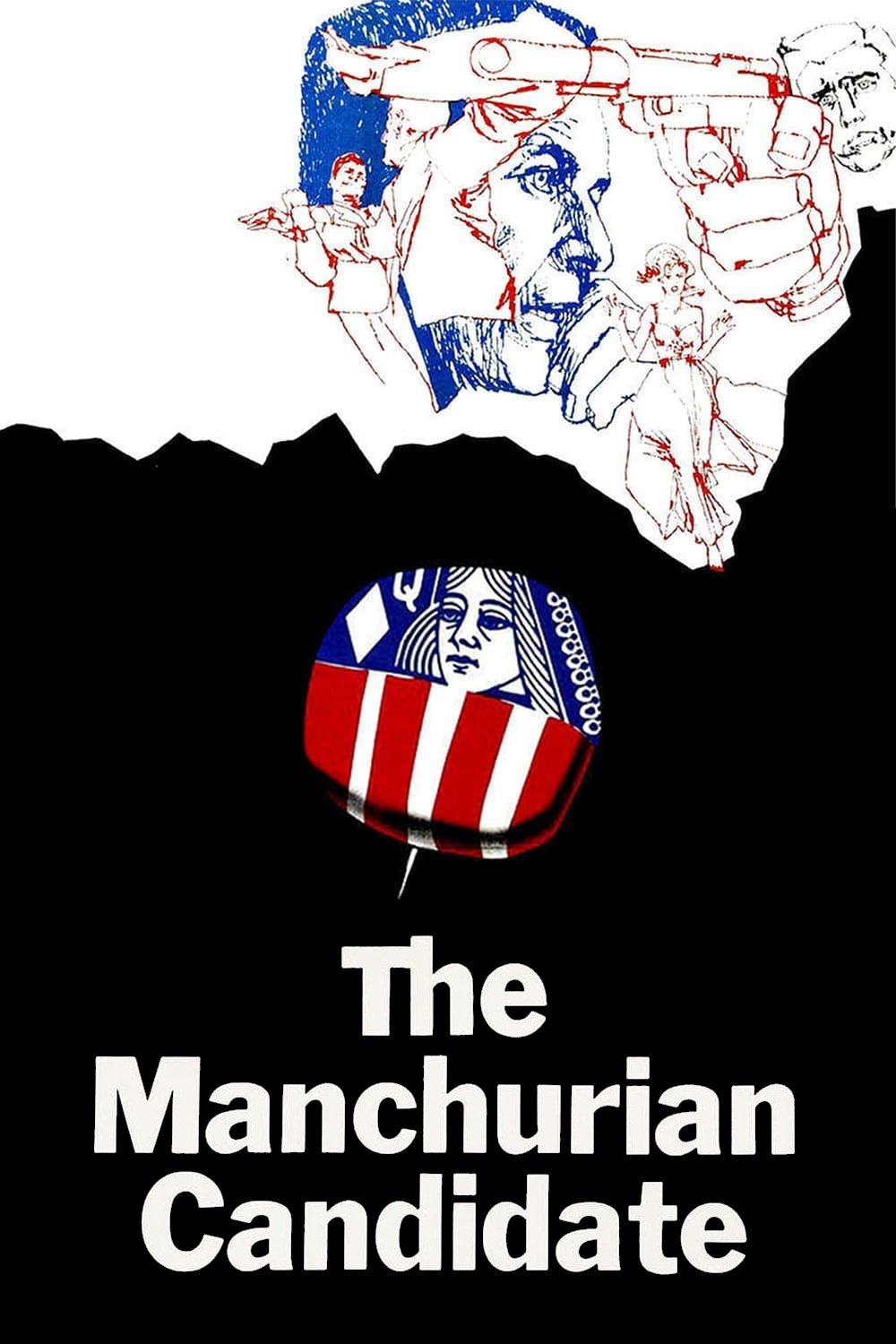
A war hero comes home, but he’s missing pieces of his memory and haunted by a repeating dream. Meanwhile, powerful people are secretly manipulating him – and an election – using hidden triggers installed in his mind. These triggers – like specific symbols and carefully planned events – cause him to act without his conscious control. The story reveals how manipulation can be disguised within familiar national traditions and events.
‘Seven Days in May’ (1964)
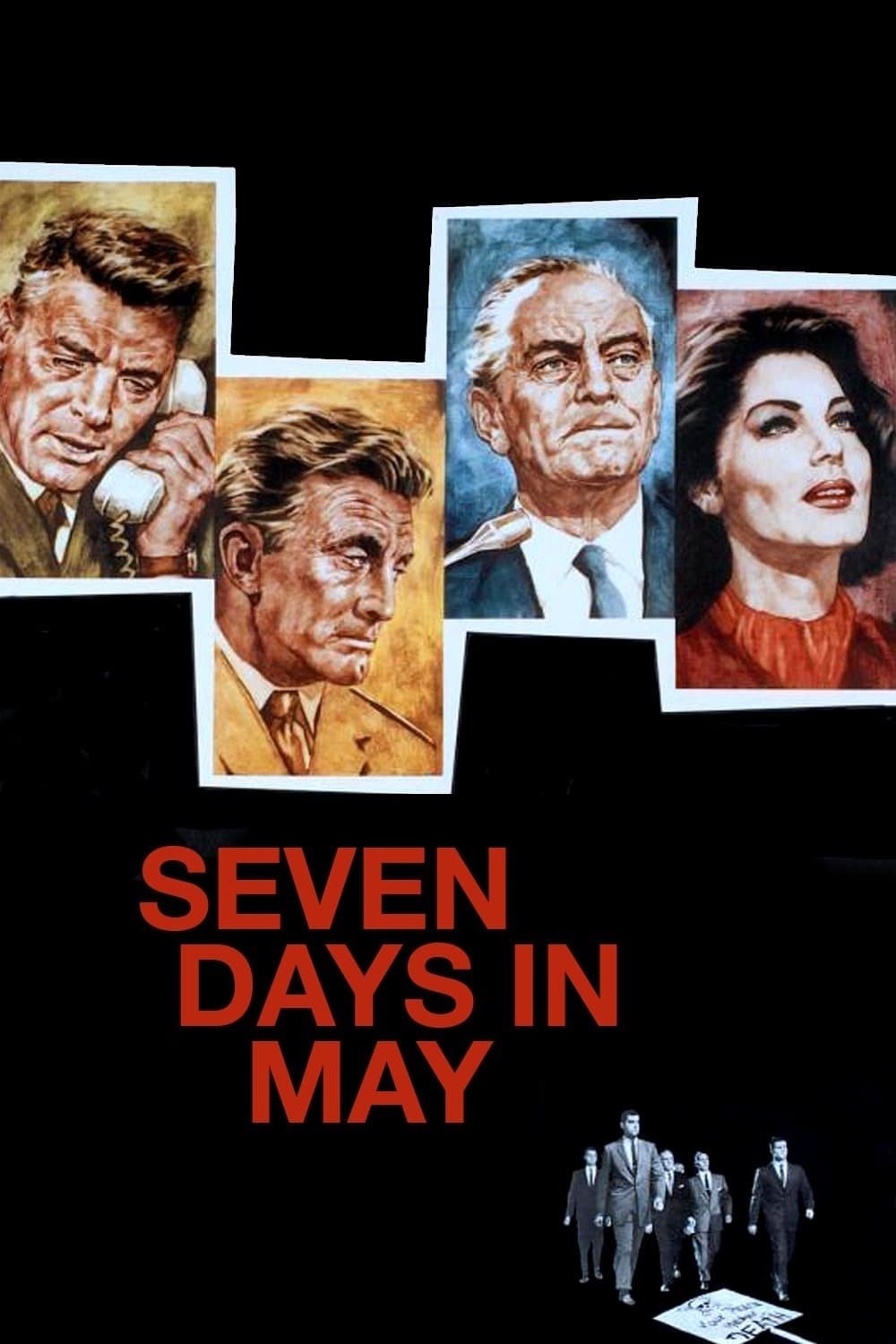
A military leader plots to overthrow the president by creating a fake crisis. The plan unfolds through secret communications and hidden meetings. However, some officials begin to connect the dots by examining travel records and security information. This situation highlights how those within the government can push the limits of the law and constitutional protections.
‘Minority Report’ (2002)
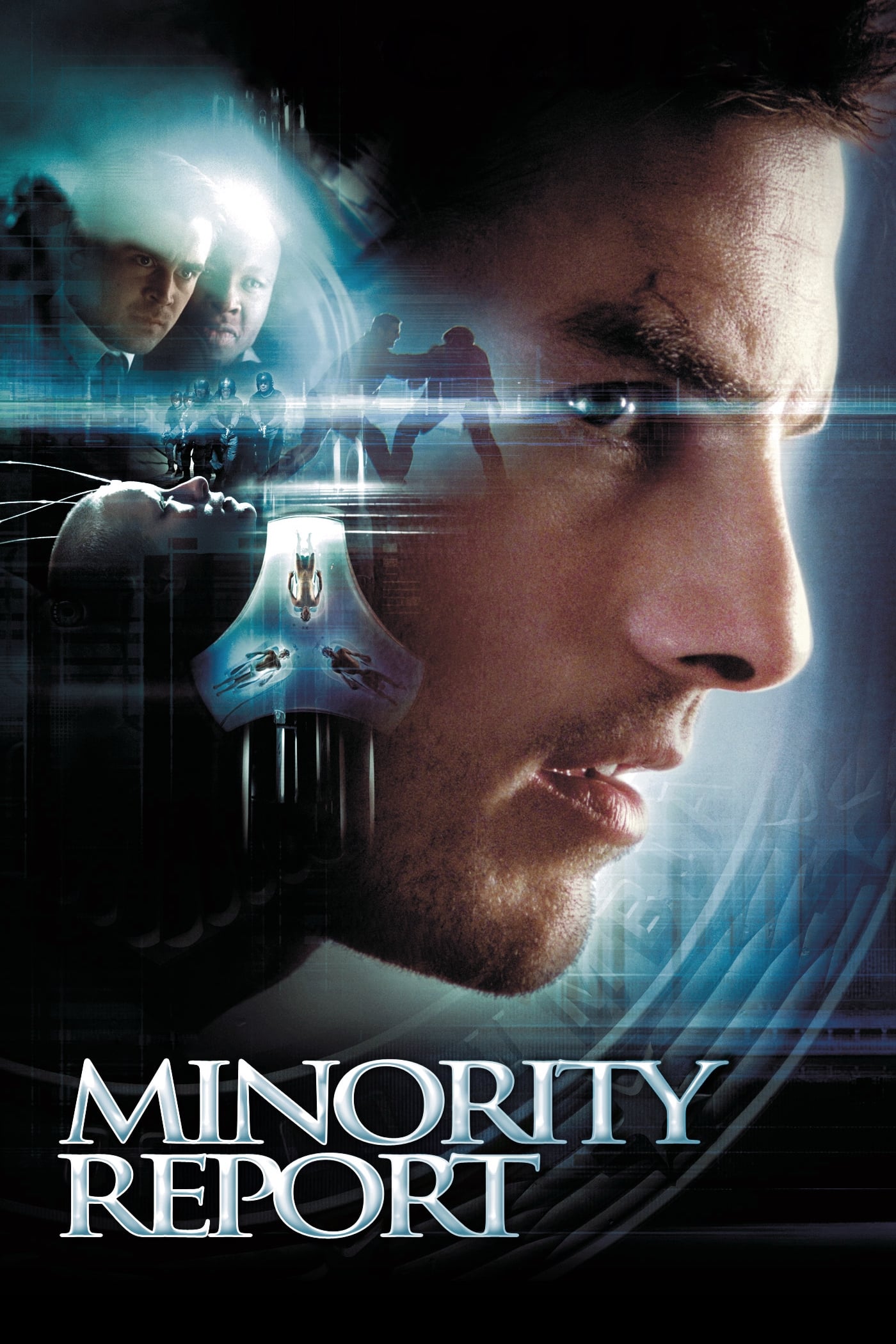
A special police unit uses technology to predict crimes and arrests people before they happen, treating these predictions as proof of guilt. When one officer sees his own name on a future arrest report, he realizes the system might be flawed and goes into hiding. He’s relentlessly tracked throughout the city using eye scans, targeted ads, and advanced surveillance. Ultimately, the case hinges on whether the system’s underlying logic is correct.
‘The Report’ (2019)
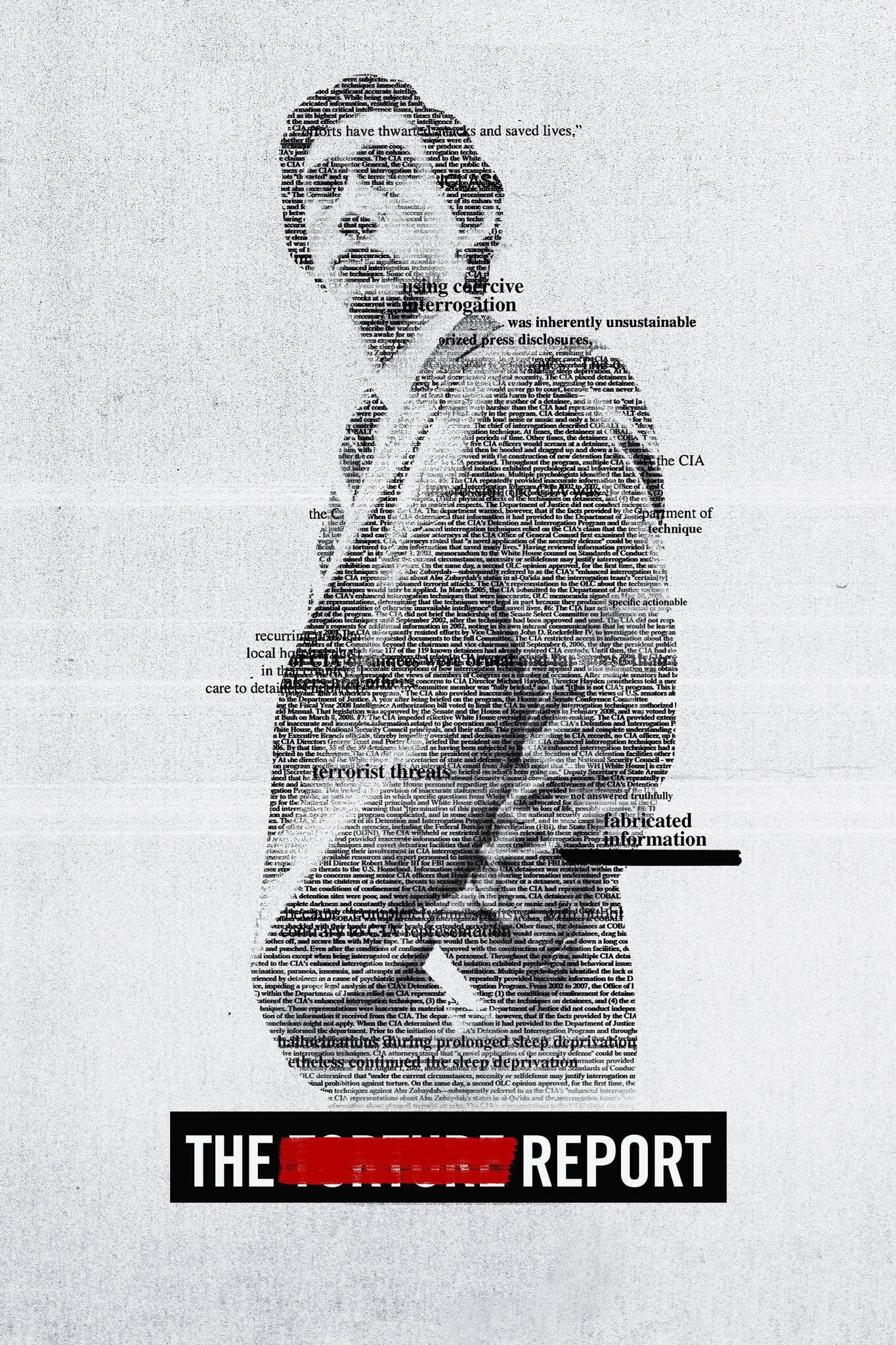
A Senate investigation uncovered a detailed report on a secret program involving detention and interrogation. The team gathered evidence from databases, billing records, and internal communications, but government agencies were reluctant to make it public. While lawyers debated what information could be kept confidential, the committee pushed for full transparency. The film illustrates the difficult and drawn-out process of government oversight when facing classification restrictions.
‘No Way Out’ (1987)
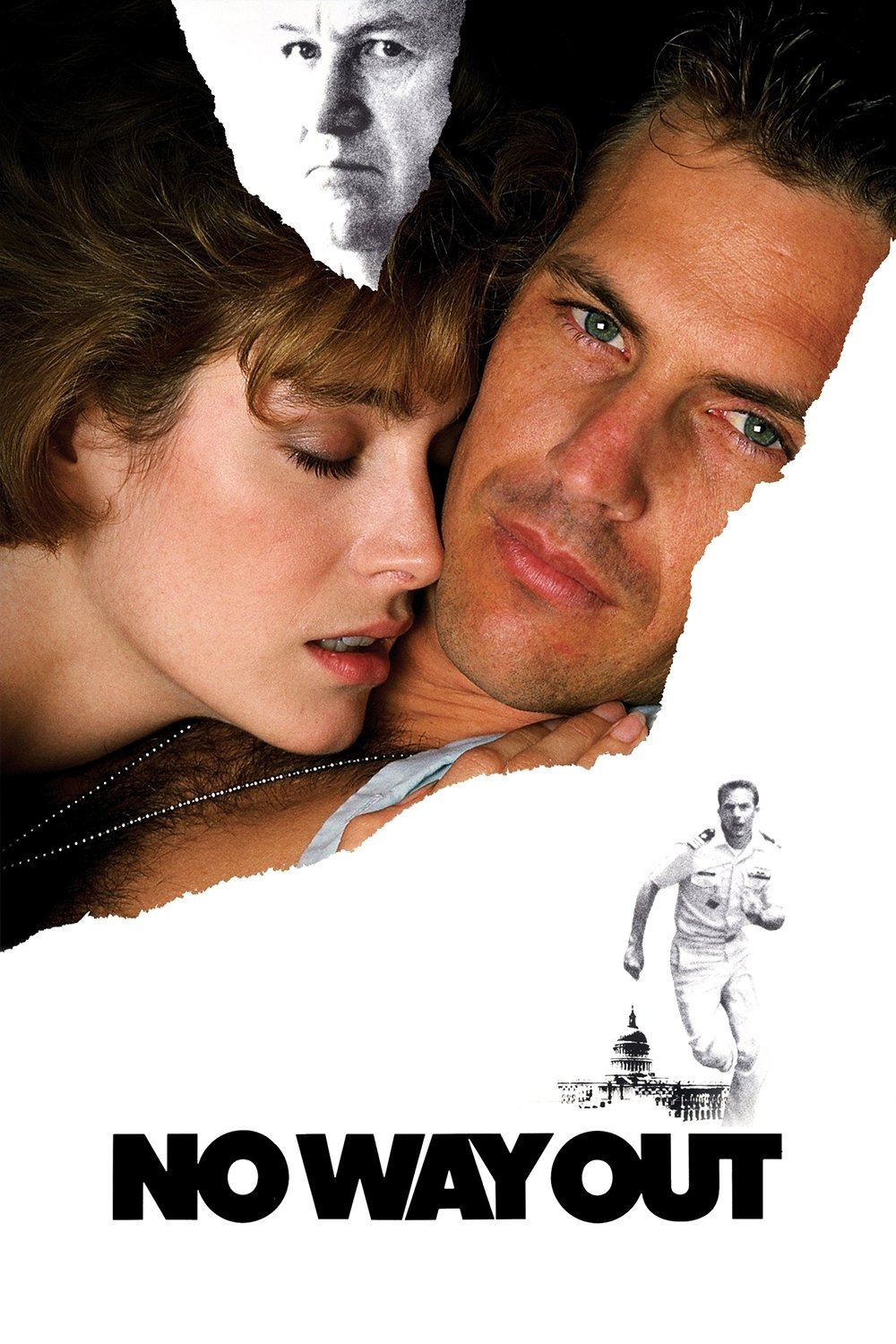
When a prominent figure dies, a Navy officer finds himself under investigation for being a potential mole within the Pentagon. A special team tightly controls access to sensitive information – files, phone records, and computer data – to identify the suspect. The officer desperately tries to cover his tracks and clear his name. The investigation turns the Pentagon into a pressure cooker, with increased security and constant monitoring.
‘Captain America: The Winter Soldier’ (2014)

An enhanced soldier discovers a scheme to stop potential problems before they happen, using airborne platforms and massive data collection. He joins forces with others to investigate the program, navigating through secure agency networks and uncovering corruption at the highest levels. As they dig deeper, they find a conspiracy involving secret agents, misleading information, and technology that identifies targets automatically. The conflict comes down to a struggle for control over the system that connects surveillance with deadly weapons.
Let us know which movie from this list is your favorite, and tell us about the scenes that really resonated with you!
Read More
- Gold Rate Forecast
- 2025 Crypto Wallets: Secure, Smart, and Surprisingly Simple!
- HSR 3.7 story ending explained: What happened to the Chrysos Heirs?
- The 10 Most Beautiful Women in the World for 2026, According to the Golden Ratio
- ETH PREDICTION. ETH cryptocurrency
- Here Are the Best TV Shows to Stream this Weekend on Paramount+, Including ‘48 Hours’
- ‘Zootopia 2’ Wins Over Critics with Strong Reviews and High Rotten Tomatoes Score
- The Best Actors Who Have Played Hamlet, Ranked
- The Labyrinth of Leveraged ETFs: A Direxion Dilemma
- Games That Faced Bans in Countries Over Political Themes
2025-10-21 14:46